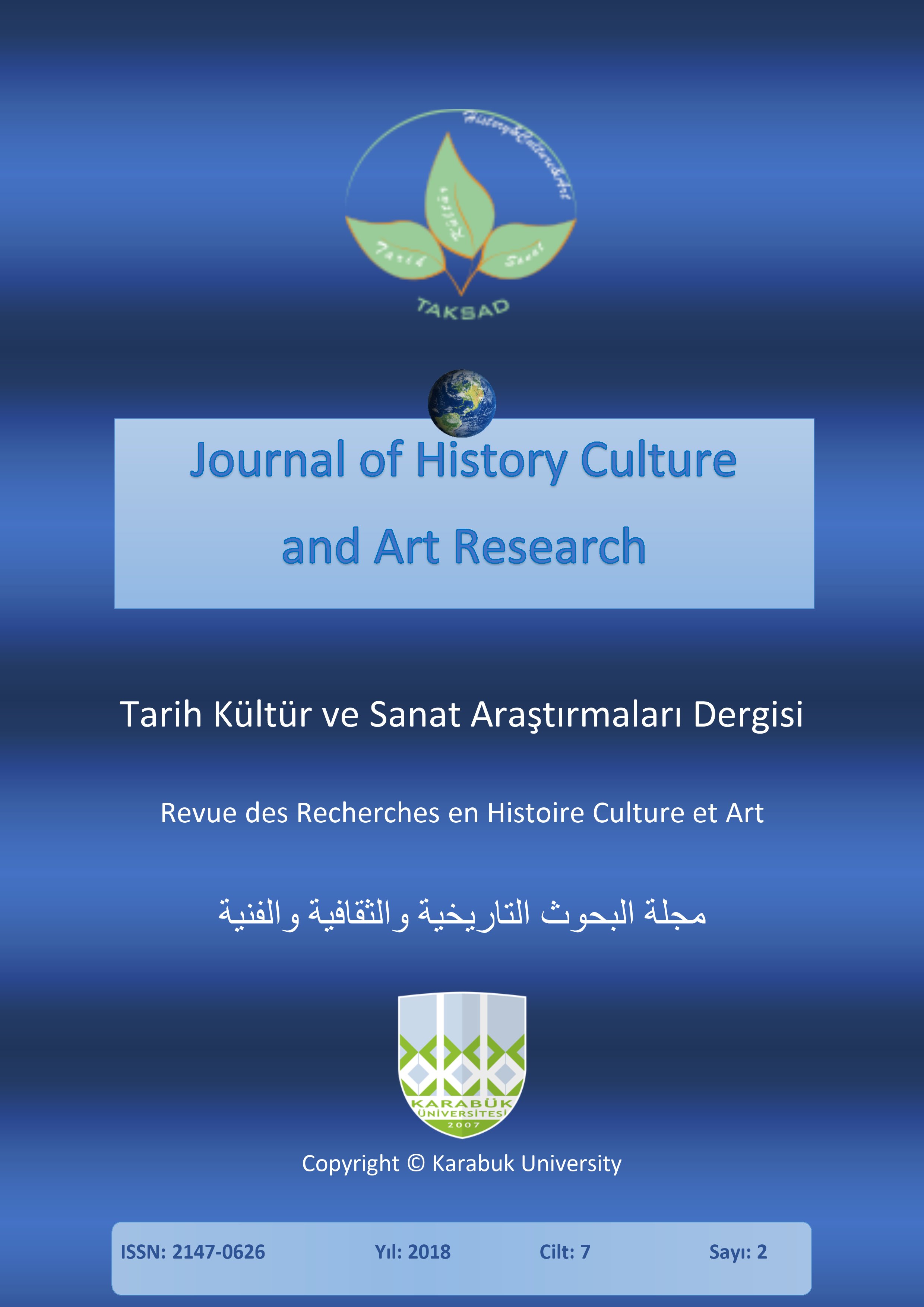Dagestan Modern Russian-Language Poetry at the Crossroads of Cultures
DOI:
https://doi.org/10.7596/taksad.v7i2.1593Keywords:
Dagestan Russian-language literature, Literary process, Modern period, Artistic traditions, Dialogue of cultures, Mutual influence, Eastern classics, European literature, Artistic translation.Abstract
Russian-language literature is an objective phenomenon of the literary process, a typological, natural phenomenon, conditioned by the historical and cultural context of time. In this regard, literary Russian-language becomes a topical theoretical and literary study problem, the tradition of special study and scientific reflection. In this article, the authors studied the processes of a new literary community development based on integration experience, which has been an important factor in the development and the enrichment of Dagestan poetry for centuries. The twentieth century has become the century of conjugation for cultures. The principle of a dialogue between cultures determines the understanding of Russian-language poetry as a borderline phenomenon, whose originality is conditioned by a close interaction and a mutual influence of national cultures with Russian and foreign poetic traditions. The article reveals the causal relationship of some artistic trends in a temporal context. Arabic, Persian, Turkic, and then Russian influence formed an aesthetic system, differing by the variety of artistic expression forms. Classical Iranian stories, Sufi symbols, Russian poetry of the Silver Age were reflected here. A notable phenomenon of modern Russian-language poetry was represented by the appeal of the Dagestani authors to the East, now often through Russian and European literature. The echoes of Eastern classical poetry are revealed, which enriched the poetry of Byron, Goethe, Heine, Pushkin and which have a direct connection with the process of modern, Russian-speaking Dagestani poetry development, the influence on the definition of its directions with their inner content, pathos and pathetic. In this article a particular attention is paid to such a form of cultural, spiritual, ethical-aesthetic exchange as translation.
References
Braginsky, I. S. (1977). On the relationship between international and national elements in the development of the USSR people literatures. Literature issues, 10, 105-111.
Dugrichilov, M. (1998). Selected works. Makhachkala.
Filshtinsky, I. M. (1975). Preface to the anthology "Arabian poetry of the Middle Ages". Moscow: World Literature.
Gamzatov, G. G. (1990). Dagestan: Historical and literary process. The issues of history, theory and methodology. Makhachkala: Daguchpedgiz.
Kazbekov, A. (2015). Look at the adobe. Makhachkala.
Krachkovsky, I. Yu. (1960). Arab literature in the North Caucasus. Selected works. V.6. Moscow.
Moldavsky, D. (1986). Poetry turns to the East. Literature issues, 214-215.
Zhirmunsky, V. M. (1960). The problems of comparative historical study of literatures. Bulletin of AS SSSR, Department of Literature and Language, 3, 177-186. Moscow.
Downloads
Published
How to Cite
Issue
Section
License
All papers licensed under Creative Commons 4.0 CC-BY.- Share — copy and redistribute the material in any medium or format
- Adapt — remix, transform, and build upon the material for any purpose, even commercially.
Under the following terms:
Attribution — You must give appropriate credit, provide a link to the license, and indicate if changes were made. You may do so in any reasonable manner, but not in any way that suggests the licensor endorses you or your use.
- No additional restrictions — You may not apply legal terms or technological measures that legally restrict others from doing anything the license permits.







